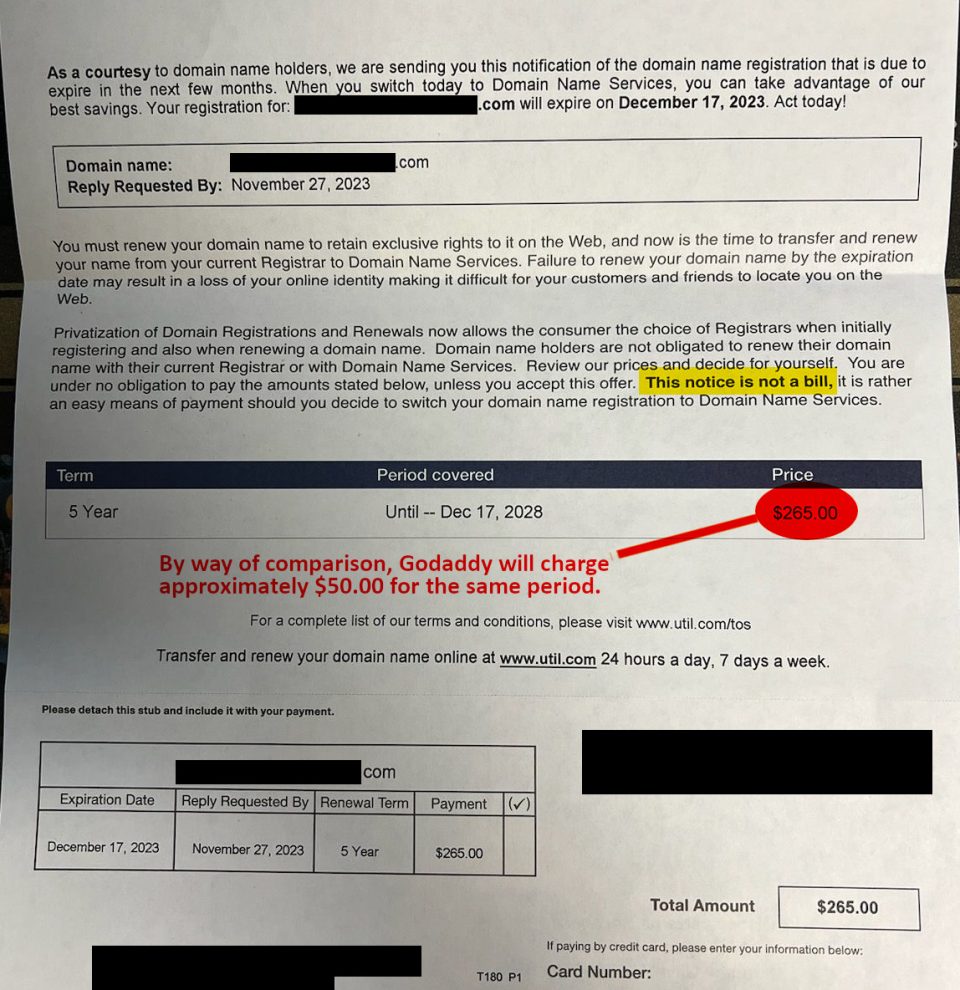To continue our Top 10 list of simple (and mostly free) security tips for your small business.
7. Watch out for email attachments
Email attachments can be a wonderful thing. They allow people from all across the world to send pictures to family and friends, businesses to send documents to clients, and sometimes the occasional Powerpoint presentation that somehow didn’t make the trip can be sent directly to you in a matter of seconds. Though, for all of these wonderful things, email attachments can also be very harmful. Many of the most common and harmful viruses are spread through email. These will infect your machine as soon as you open the attachment. The main ways to avoid these nasty viruses are:
Never open an email attachment from someone you do not know. Only open an attachment if it is from someone you know and you were expecting it. If you are sending an attachment to someone else, let them know ahead of time. And last, but certainly not least, have an Anti-Virus program, such as Norton Anti-Virus (updated daily) that will scan incoming and outgoing emails for viruses.
6. Anti-Virus Software
Having a properly updated Anti-Virus program on your PC is crucial these days. Most Anti-Virus programs such as Norton Anti-Virus, Trend Micro, McAfee, and AVG all do updates daily in the background, so you don’t have to worry about it. Without an Anti-Virus program, accidentally opening the wrong attachment, or clicking on the wrong pop-up on a website, may open the door for spyware, adware, malware, and viruses to take over your PC.
5. Windows Updates and patches
I was just working on a PC yesterday and noticed that we are up to 93 Windows Updates AFTER the Windows XP SP2 update. That’s quite a few updates! Most of these updates are actually security patches for either Windows or the programs that are running with Windows, such as Microsoft Office, Windows Media Player, etc… These updates are important because they help to close “backdoors” that hackers have found that allow them to compromise your data and your privacy. Having some type of firewall, an anti-virus program and not opening strange email attachments will protect against most of your common threats. Though, to take it one step further and keep your data safe, set your Windows Updates to automatic and let it do it’s thing. There can be exceptions to this rule, though not commonly. Feel free to ask me any questions if you are having any troubles with your Windows Updates.
Click here to see tips 8 through 10 and stay tuned until next time for the Top 4 security tips!




